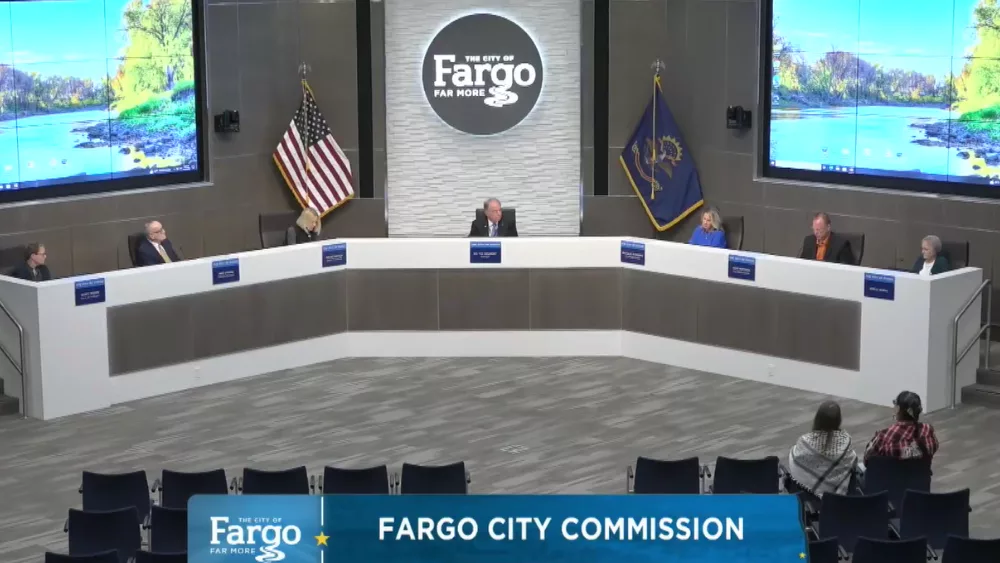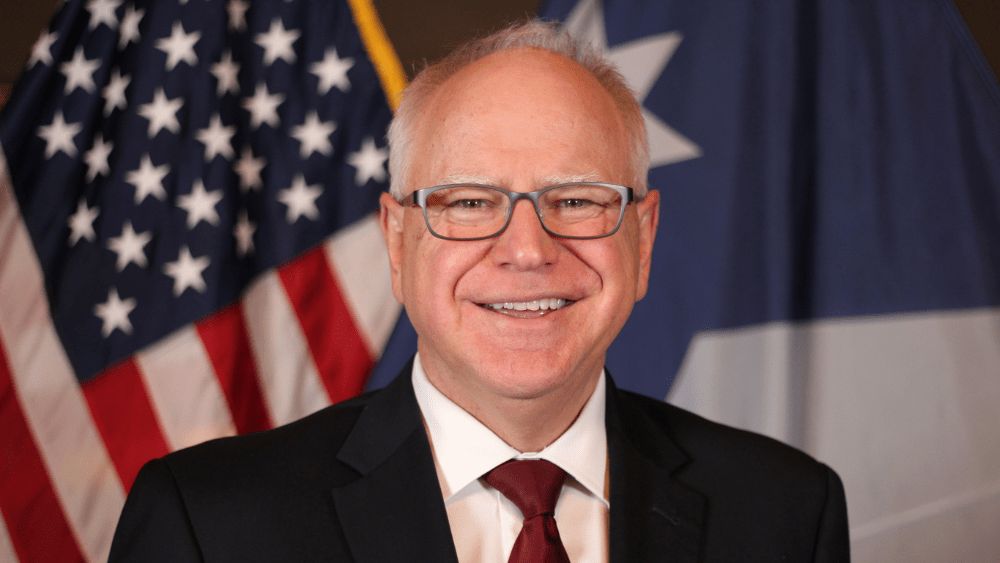Fargo, N.D. – The head of the Fargo Police Department is voicing his support for a piece of legislation that would require certain convicts to serve out more of their prison terms before having a chance of being released.
The “Truth in Sentencing” bill, which has already passed the House and is now before the state Senate in Bismarck, would require criminals such as violent offenders and drug traffickers to serve at least half of their prison sentence before the possibility of parole.
“We have lost the accountability piece in our criminal justice system,” Fargo PD Chief David Zibolski told The Flag’s Scott Hennen on Wednesday during an interview in support of the bill.
The measure would also require those same offenders who are not granted parole to serve at least 85% of their prison sentence before they can be moved to a transitional facility.
The head of North Dakota Department of Corrections and Rehabilitation testified this week that if the bill becomes law, it will cut off investments into rehab and redemption efforts that they argue make communities safer.
DOCR Director Colby Braun also believes it will lead to increased crime and recidivism.
In support of the legislation, Zibolski cited current problems with repeat offenders who are committing more crimes upon release, saying there is “little to no oversight of these people” when it comes to probation and parole.
“It’s an issue,” said Zibolski. “We make some good arrests…and either they are charged at a low rate with a lower charge, are out on lower bail, or they’re ultimately sentenced and given little to no time.”
While recognizing the position of the state prison system on the bill, the chief pointed out the problems he believes the DOCR caused with prison overcrowding at the local level.
“Back in November, they [DOCR] said ‘we’re full.’…which exacerbated our situation here in Cass County, said Zibolski.
Zibolski says he “one-hundred percent” agrees that, at the state level, “they are not meeting the responsibilities of that accountability and oversight.”
State Attorney General Drew Wrigley, who introduced the bill, has argued that it will save taxpayers money because the prisoners won’t be able to commit crimes while behind bars.





